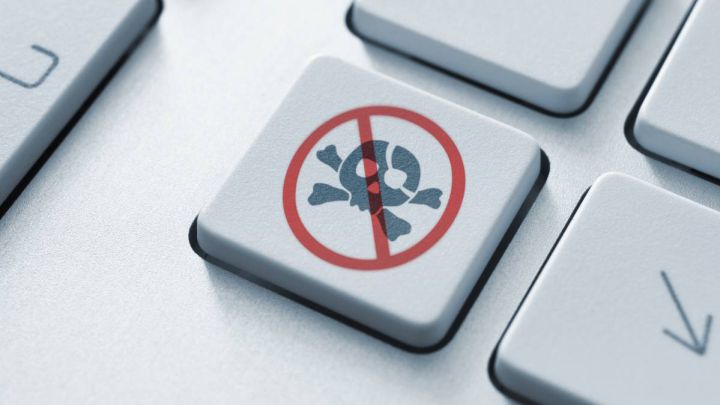Antivirus: Globalization and the daily use we make of the Internet on a daily basis, to a greater or lesser extent, has turned smartphones, tablets and laptops into essential, indispensable elements. And also in windows of external attack on our personal, work, social, family life, secrets, bank accounts, etc.
For this reason, a good antivirus is always necessary, and although there are many voices that accuse them of being useless, having an antivirus on your computer gives you that feeling (false or not) of security.
But which one to choose? Well, we tell you which ones according to the OCU:
The best free antivirus for the OCU
A basic that helps, Windows Defender
The vast majority of these attacks are directed at the Windows operating system, because the more users who have access to the medium to which you direct your attack, the more damage you do. Microsoft knows this, and that is why in 2006 Microsoft launched Windows Defender, a very modest free antivirus for Windows XP and Windows Vista that has been improving its features and perfecting itself over time.
Today, Windows Defender is the security program installed by default in the Windows 10 operating system. It does not need to be installed, but is already active with the operating system. It is automatically disabled when you install another antivirus and it is automatically enabled again when you uninstall it or when it becomes outdated. In this way Microsoft wants to ensure that the computer is minimally protected at all times.
According to the OCU, “Our latest antivirus analysis reveals that the new version of Windows Defender is of good quality (this year it blocked 99.89% of the malware we faced, it blocked ransomware and malicious web pages) and has Its advantage is the convenience of not having to install it, but it also has weak points:
It does not have any antiphishing protection (so the protection you get will be what the browser itself offers).
It gives many false positives (it detects files and websites that are legitimate as malware, up to 47% of false positives in the third quarter of 2021). The danger arises when the user stops trusting the antivirus’ criteria and does not have its recommendations even when they are relevant.
It slows down the PC somewhat, especially when copying files, downloading files from the Internet and installing programs.
